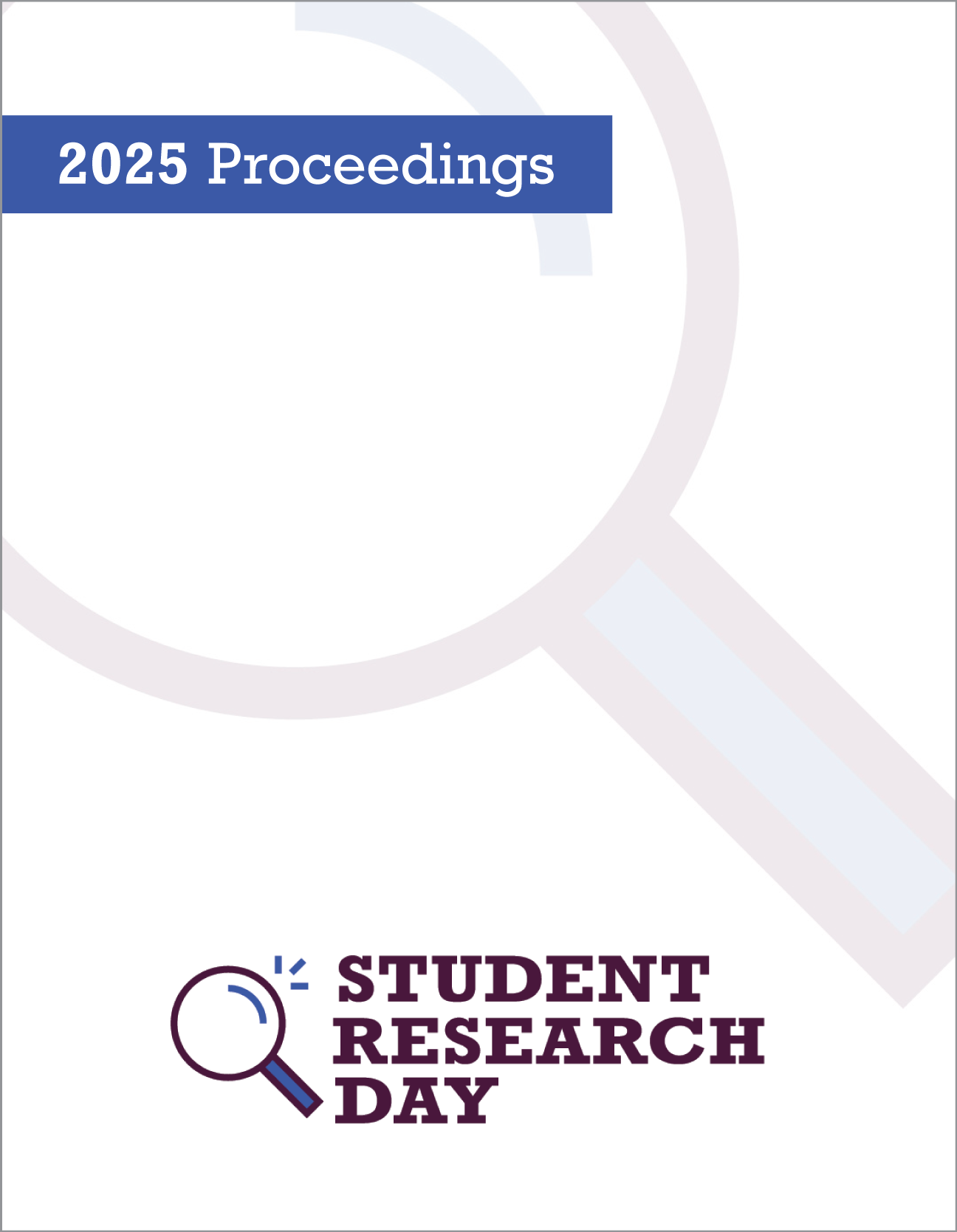The effect of task engagement on reward processing
Abstract
Many aspects of human behaviour are shaped by reward processing, including decision making and motivation. Electroencephalography (EEG) has identified a neural signal called the reward positivity (RewP), which represents the brain’s interpretation of reward outcomes. The aim of this study is to see whether the RewP is affected by task engagement. Participants will complete the ‘doors task’, a decision-making task where selecting one of two doors may result in a monetary reward. In one condition (the standard version), rewards will be equally probable (50/50), while in the other, one door will have an increased likelihood of reward, introducing a detectable pattern. We hypothesize that participants will become more engaged in the patterned condition, and that the RewP will be larger when they recognize and exploit this pattern. This would show that the standard ‘doors task’ used to measure RewP lacks engagement and does not allow for learning, potentially limiting its effectiveness. These findings would have implications for researchers using the RewP as a biomarker for depression, ultimately improving the accuracy and applicability of EEG-based assessments in clinical settings.
Faculty Mentor: Dr. Cameron Hassall
References
Downloads
Published
Issue
Section
License
Authors retain any and all existing copyright to works contributed to these proceedings.



